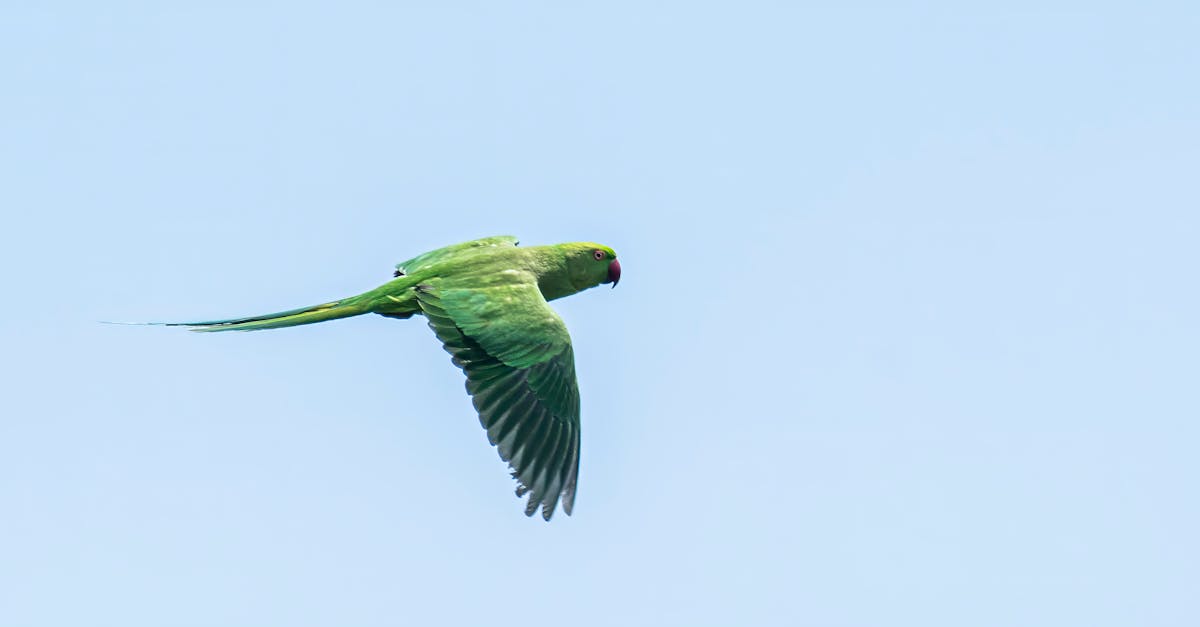Imagine if you could have a pet that’s not just adorable but also exotic, adding a unique charm to your home. The truth is, exotic pets are becoming increasingly popular, and for good reason. They offer a fascinating alternative to traditional pets like cats and dogs, and they can be incredibly rewarding to care for. If you ask me, exploring the world of exotic pets is a journey worth taking. This blog post delves into some of the most adorable exotic pets you might consider, their unique benefits, and what you need to know before welcoming one into your home.
The Allure of Exotic Pets
Why Exotic Pets?
You’d be surprised at how many people are drawn to the idea of owning an exotic pet. It’s interesting how these unique animals can bring so much joy and intrigue into our lives. The thing is, exotic pets often have distinct behaviors and characteristics that you won’t find in more common pets. For instance, picture this: a sugar glider soaring from one end of your living room to the other, or a hedgehog curling into a tiny, spiky ball in the palm of your hand.
The Benefits of Exotic Pets
- Uniqueness: Exotic pets are a conversation starter. They add a unique flair to your household that’s hard to match.
- Educational Value: Caring for an exotic pet can be a learning experience. It teaches you about different species, their habitats, and their needs.
- Companionship: Despite their unusual nature, many exotic pets form strong bonds with their owners and can be incredibly affectionate.
Adorable Exotic Pets You Should Know About
Sugar Gliders
If you’ve ever seen a sugar glider, you’d understand why they’re so beloved. These small, nocturnal marsupials are native to Australia and New Guinea. They have a membrane called the patagium that allows them to glide through the air, making them fascinating to watch.
- Diet: Sugar gliders require a balanced diet of fruits, vegetables, and specialized pellets.
- Habitat: They need a spacious cage with plenty of vertical space to glide.
- Social Needs: They are social animals and thrive in pairs or groups.
Hedgehogs
Hedgehogs are small, spiny mammals that have become quite popular as pets. Their unique appearance and gentle nature make them a favorite among exotic pet enthusiasts.
- Diet: A diet of high-quality cat food, supplemented with insects and fruits, is ideal.
- Habitat: A large cage with hiding spots and a wheel for exercise is essential.
- Behavior: Hedgehogs are nocturnal and can be shy, but they often warm up to their owners.
Axolotls
Axolotls, also known as Mexican walking fish, are a type of salamander that remains in its larval stage throughout its life. They are known for their regenerative abilities and unique appearance.
- Diet: Axolotls eat a diet of worms, small fish, and specialized pellets.
- Habitat: They require a tank with clean, cool water and plenty of hiding spots.
- Care: Regular water changes and monitoring of water quality are crucial.
Fennec Foxes
Fennec foxes are small, desert-dwelling foxes known for their large ears and playful nature. They are highly energetic and require a lot of attention.
- Diet: A mix of high-quality dog food, fruits, and vegetables.
- Habitat: They need a secure outdoor enclosure with room to dig and play.
- Social Needs: Fennec foxes are social animals and enjoy interaction with their owners.
Chinchillas
Chinchillas are small rodents native to the Andes Mountains in South America. They are known for their incredibly soft fur and playful behavior.
- Diet: A diet of hay, pellets, and occasional treats like dried fruit.
- Habitat: A large cage with multiple levels and plenty of toys.
- Care: Regular dust baths are necessary to keep their fur clean.
What to Consider Before Getting an Exotic Pet
Legal Considerations
Before bringing an exotic pet into your home, it’s important to check local regulations. Some exotic animals are restricted or require special permits. It hit me that many people overlook this step, only to face legal issues later on.
Specialized Care
Exotic pets often require specialized care that differs significantly from that of traditional pets. If you’re like me, you’ll want to do thorough research to understand the specific needs of the animal you’re interested in. This includes their dietary requirements, habitat needs, and health care.
Time and Commitment
Caring for an exotic pet can be time-consuming. Many exotic animals require daily attention and enrichment to keep them healthy and happy. Speaking from experience, the commitment is well worth it, but it’s something you should be prepared for.
Cost
Exotic pets can be expensive, both in terms of initial purchase price and ongoing care costs. To put it simply, it’s important to budget for food, habitat, veterinary care, and other expenses.
The Rewards of Owning an Exotic Pet
Unique Bonding Experience
There’s something to be said for the unique bond you can form with an exotic pet. These animals often have distinct personalities and behaviors that make the bonding experience special. What’s surprising is how affectionate and interactive some exotic pets can be.
Educational Opportunities
Owning an exotic pet can be a great educational opportunity for both adults and children. It reminds me of the time I learned about the delicate balance of ecosystems while caring for my axolotl. This hands-on learning can foster a deeper appreciation for wildlife and conservation.
Enhancing Your Home Environment
Exotic pets can enhance your home environment in unexpected ways. I was just thinking about how my hedgehog’s nocturnal activities add a lively element to my evenings. Their unique behaviors and appearances can bring a sense of wonder and excitement to your daily life.
The Next Steps in Your Exotic Pet Journey
Research and Preparation
If you’ve ever considered getting an exotic pet, the first step is thorough research. Look into the specific needs of the animal you’re interested in and assess whether you can meet those needs. I’ve always thought that preparation is key to successful pet ownership.
Visit Local Exotic Pet Stores or Rescues
Visiting local exotic pet stores or rescues can give you a better idea of what to expect. You can probably relate to the excitement of seeing these animals up close and learning more about them from knowledgeable staff.
Join Exotic Pet Communities
Joining online forums or local exotic pet communities can provide valuable support and advice. I’ve been there, and I can tell you that connecting with other exotic pet owners can make a big difference.
Make an Informed Decision
Ultimately, the decision to bring an exotic pet into your home should be made with careful consideration. Looking back, I realize that the joy and fulfillment of owning an exotic pet come from understanding and meeting their unique needs.
Final Thoughts
Owning an exotic pet can be a rewarding and enriching experience. It’s a journey that requires dedication, but the rewards are well worth it. If you’re ready to embark on this adventure, now you know what to consider and how to prepare. Here’s a thought: take the time to explore the world of exotic pets and discover the joy they can bring into your life. You’d never have guessed how much these unique animals can enhance your daily routine and provide companionship unlike any other.













